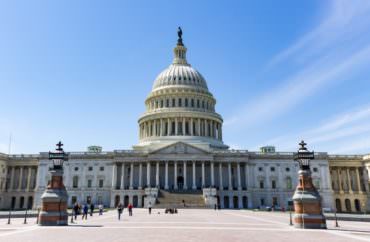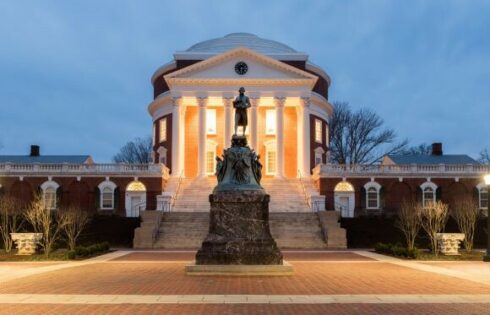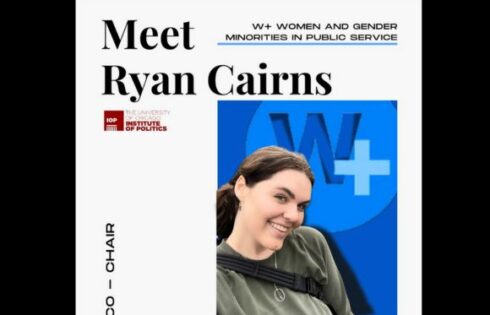
The 162-year-old False Claims Act, passed by Congress in 1863, might be the key to forcing universities to follow the law when it comes to abandoning practices that favor illegal affirmative action and race-selective policies, and diversity, equity and inclusion programs, some legal scholars say.
Originally approved to address widespread fraud by defense contractors during the Civil War, it can be used today to threaten colleges and universities that continue to employ unconstitutional racial preference practices with draconian fines, argued Louis Bonham, an intellectual property litigator, for Legal Insurrection.
The law works by giving whistleblowers a share of the cut, which means universities that seek to hide pro-DEI efforts by renaming them or doing them under the radar would be at grave risk from campus officials who want to out them for a share of the profit, he wrote:
[F]aced with the choice of foregoing federal funds (which would be fiscally impossible for most schools) and ending DEI programs (which the school may view as a moral imperative, regardless of their illegality), most schools will likely choose door number 3: they will falsely certify that they do not have discriminatory programs or practices, but will continue them sub rosa. This is the same attitude evidenced by UC Berkeley law school Dean Erwin Chemerinski’s admission (on video) that notwithstanding the Supreme Court’s SFFA decision, his school continues to engage in “unstated affirmative action,” but that “if ever I’m deposed I’m going to deny I said this to you.”
Were a school to submit such false certifications, and thereafter receive its annual haul of federal funds (including federally guaranteed loans to its students – loans that would not have been made but for the nondiscrimination certification), then it has violated the FCA, and could be required to repay over three times the funds the federal government provided based on the fraudulent nondiscrimination certification.
Think about the magnitude of such potential liabilities. Harvard receives (well, used to receive) billions annually in federal funds, as do many other “elite” universities, and most schools receive a substantial portion of their annual budget from federal funds. How many could afford to repay three times those amounts – especially after those funds have been spent?
Think also about the interpersonal dynamics and game theory implications of such huge potential liabilities. Say that you are an employee (or even a professor or administrator), and are privy to the school’s hush-hush communications on how it is going to “resist” the Trump administration and the Supreme Court by continuing their race preferences in admissions and hiring, and that the school’s administration is behind the effort.
If the school signs a nondiscrimination certification, and thereafter receives, say, $500 million in federal funds, turning whistleblower could yield you upwards of $75 million (which, even net of a 40% contingency fee for your lawyers, would be still be a huge payday). Now add the fact that the potential reward goes to the first person to blow the whistle (i.e., “you snooze, you lose”), and you can see the incentives this creates. Even for those insiders who may nominally support the school’s DEI objectives, the lure of such a huge potential payday may prove irresistible (especially if, for instance, they had already decided to retire, had some other grievance against the school, or were financially strapped).
Lest you think such FCA liabilities are just a pipe dream, look at what various BigLaw firms (which are no friends of the Trump administration or its anti-DEI positions) have recently been warning their university and other clients who obtain federal funds under nondiscrimination certifications. … While many of these firms clearly do not like it, they still recognize that these potential FCA liabilities are very, very real and could well be catastrophic.
Read the full op-ed at Legal Insurrection.
MORE: U. Louisville pays almost $1.6M to settle case with professor who criticized trans ideology
IMAGE CAPTION AND CREDIT: A picture of the capitol building in Washington, D.C. / Shutterstock
Like The College Fix on Facebook / Follow us on Twitter




Add to the Discussion